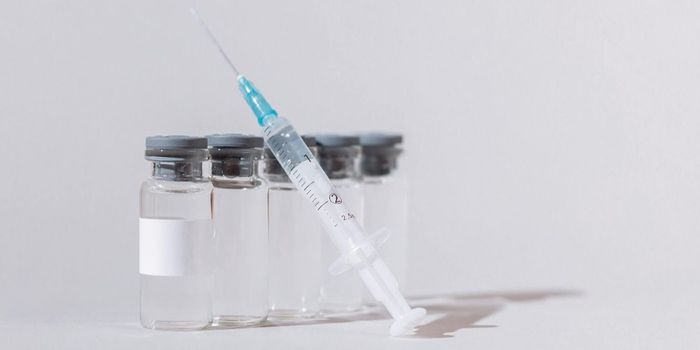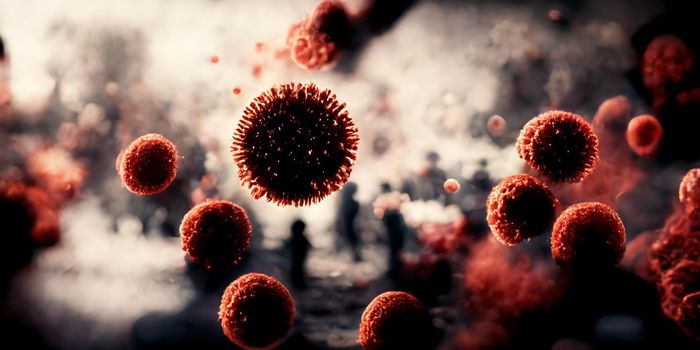Scientists Engineer Custom Antiviral Receptors to Fight COVID-19
The best offense may be a good defense in the fight against COVID-19. Researchers from the Duke-NUS Medical School are exploring the potential to reinforce the human immune system to become at least one component of a multi-faceted attack against COVID-19. The strategy is derived from immunotherapy approaches that have been successful in the past at treating cancer patients.
Immunotherapy is an approach that harnesses and bolsters an individual’s own immune system, providing necessary tools and empowering the human body to defeat cancer on its own. The same could potentially work for COVID-19, the disease caused by the virus SARS-CoV-2 and which leads to harmful complications for many individuals. Immunotherapy could work to treat COVID-19 and other infectious diseases.
Similar immunotherapies to those used in cancer patients have also been used to treat Hepatitis B (HBV) and other infectious diseases in the past. The technique revolves around extracting and altering important cells from the immune system: T cells.
"We demonstrated that T cells can be redirected to target the coronavirus responsible for SARS. Our team has now begun exploring the potential of CAR/TCR T cell immunotherapy for controlling the COVID-19-causing virus, SARS-CoV-2, and protecting patients from its symptomatic effects," explained senior author Antonio Bertoletti.
In theory, researchers would extract T cells from the circulation of an infected person and return them once they have “pasted” one of two receptor types onto each individual cell:
- T cell receptors (TCRs): Receptors naturally found on the surfaces of T cells
- Chimeric antigen receptors (CARs): Artificial TCRs created in the lab via mRNA electroporation
Either receptor type boosts T cells’ natural ability to recognize pathogens, like SARS-CoV-2, and cancerous cells. The technique of mRNA electroporation to create CARs “limits their functional activity to a short period of time” to protect patients with chronic viral diseases from “friendly fire” due to an excessive immune response triggered by the immunotherapy.
“We argue that some infections, such as HIV and HBV, can be a perfect target for this therapy, especially if lymphocytes are engineered using an approach that keeps them active for a limited amount of time to minimize potential side effects," explained lead author Dr. Anthony Tanoto Tan.
While there are vaccines to prevent HBV infection, current treatments for existing infections cure less than five percent of patients, as the best that these treatments can do is stop existing virally-infected cells from continuing to replicate.
A few roadblocks temporarily stand in the way from researchers implementing this type of therapy for COVID-19:
- Need for specialized personnel and equipment
- Issues with cost-effectiveness
- Need for indefinite administration of immunotherapy
While researchers work to develop solutions and paths forward, they are considering at least using a combination treatment of anti-viral and CAR/TCR T cell immunotherapy.
Sources: Duke-NUS Medical School, Journal of Experimental Medicine, Journal of the Royal Society of Medicine








